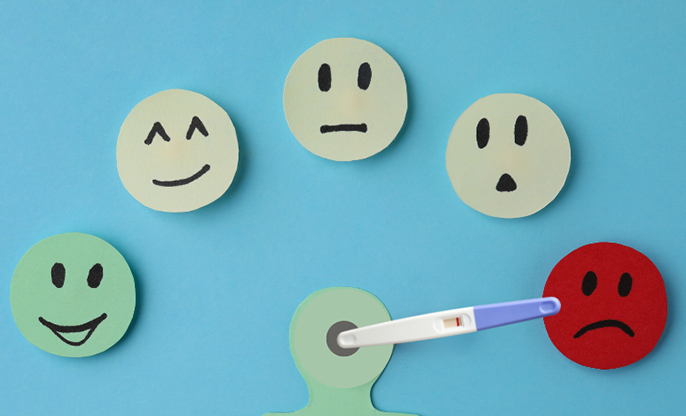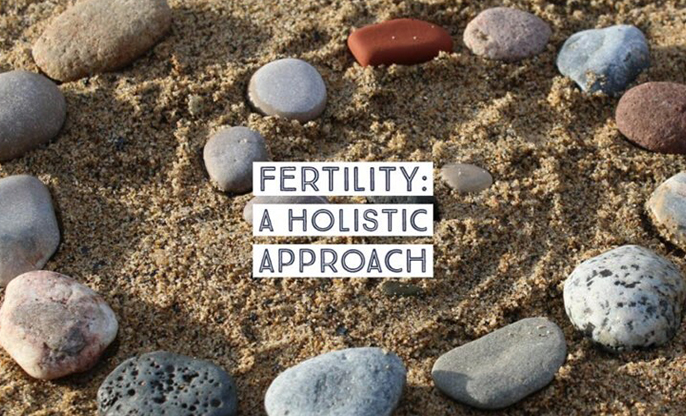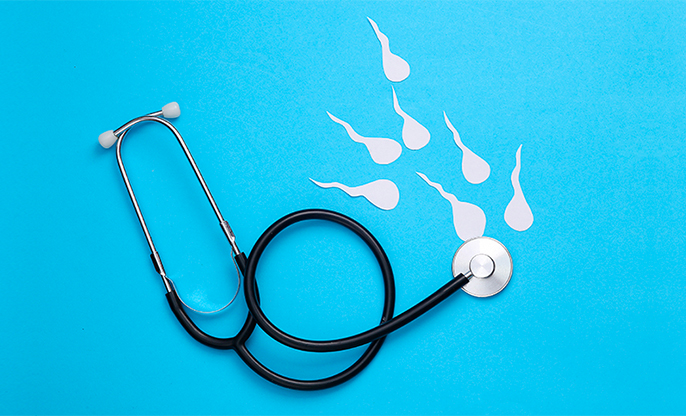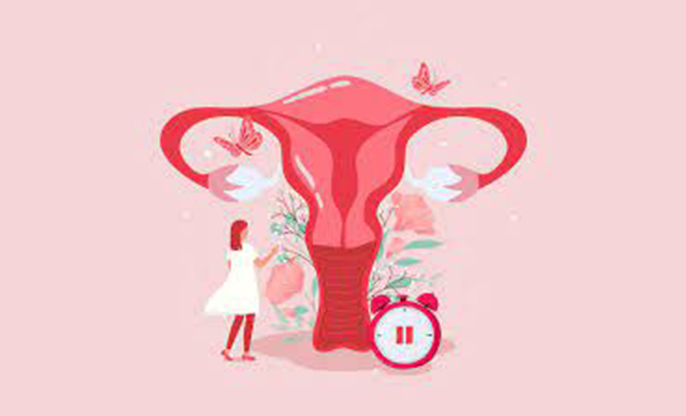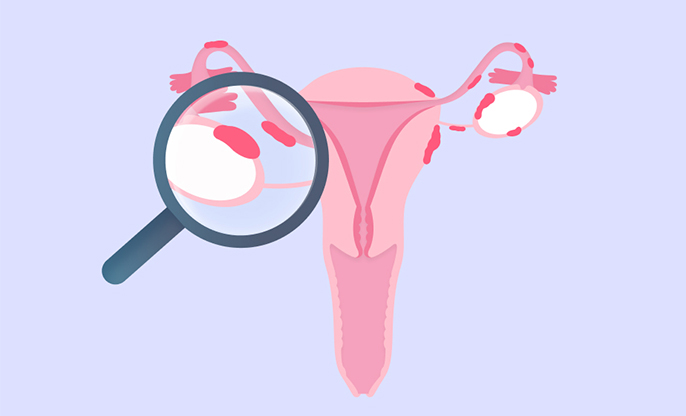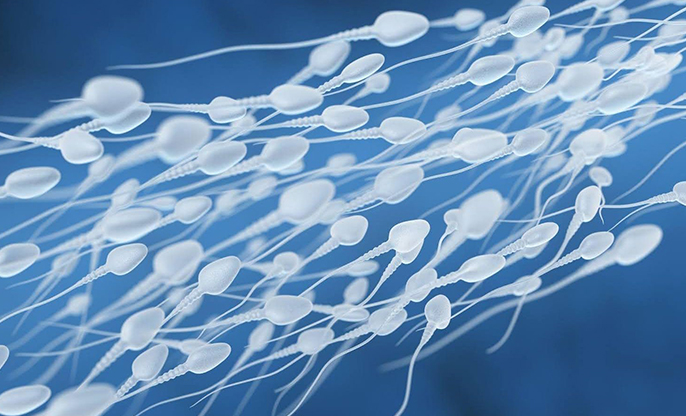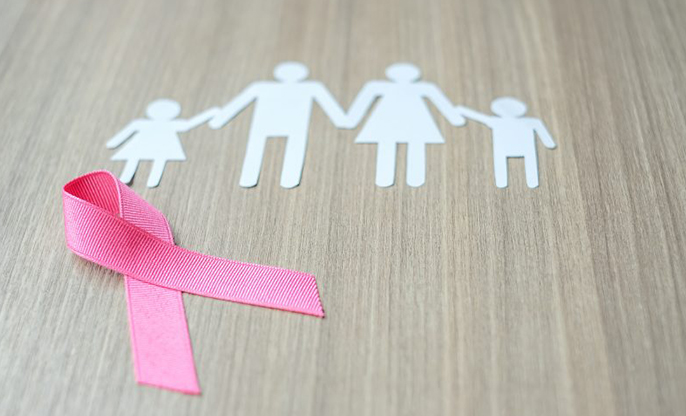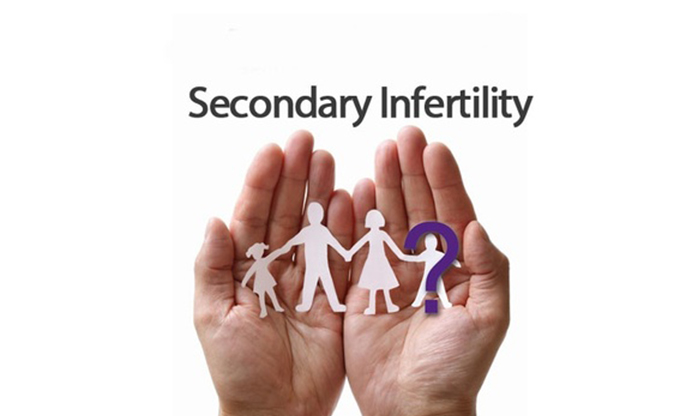
Psychological Factors
The psychological impact of stress on fertility should not be underestimated. The emotional toll of fertility challenges can create a vicious cycle, further exacerbating stress levels. Anxiety, depression, and feelings of hopelessness commonly accompany fertility struggles, contributing to increased stress and compounding the fertility issue.
2. Environmental
Factors
India's rapid urbanization and industrialization have led to increased exposure to environmental toxins. A study published in the Indian Journal of Community Medicine highlighted the adverse effects of environmental pollutants on fertility. Prolonged exposure to air pollutants, pesticides, and industrial chemicals has been linked to reduced fertility rates among both men and women in India.
3.
Lifestyle Factors
Obesity: Excess body weight can disrupt hormonal balance in both men and women, affecting fertility. Obesity is associated with irregular menstrual cycles, lower sperm quality, and a reduced chance of conception. Underweight: Being significantly underweight can also affect menstrual regularity and ovulation in women, making conception more challenging. Substance Abuse: Excessive alcohol consumption, smoking, and illicit drug use can impair fertility in both men and women.
4. Biological Factors
Age: Advanced maternal age is a well-known factor in female infertility. As women age, the quantity and quality of their eggs decrease, making conception more challenging. In men, sperm quality can also decline with age. Genetics: Some genetic conditions can affect fertility. These may include chromosomal abnormalities or genetic mutations that impact reproductive organs or sperm/egg production. Hormonal disorders: Hormonal imbalances, such as polycystic ovary syndrome (PCOS) in women or testosterone imbalances in men, can disrupt the regularity of ovulation and sperm production.
5. Chronic illness & medications
Certain chronic conditions, such as diabetes or autoimmune disorders, can affect fertility in both genders. Alongside, some medications used to treat chronic illnesses may have side effects that impact reproductive health.
6. Cancer and its treatments
Cancer itself can affect fertility, especially if it impacts the reproductive organs. Additionally, treatments like chemotherapy and radiation therapy can harm fertility in both men and women.
7. Structural abnormalities
Structural abnormalities in the reproductive organs can impede fertility. For example, women born with a bicornuate uterus or men with congenital blockages in their reproductive tract may face challenges.
8. Unexplained infertility
In some cases, despite thorough evaluation, no specific cause of infertility is identified. This is known as unexplained infertility, and it can be frustrating for couples seeking answers. It's essential to consult with a healthcare provider or fertility specialist, in this case. They can perform tests and evaluations to determine the underlying causes and recommend appropriate treatments or interventions tailored to your specific situation.


